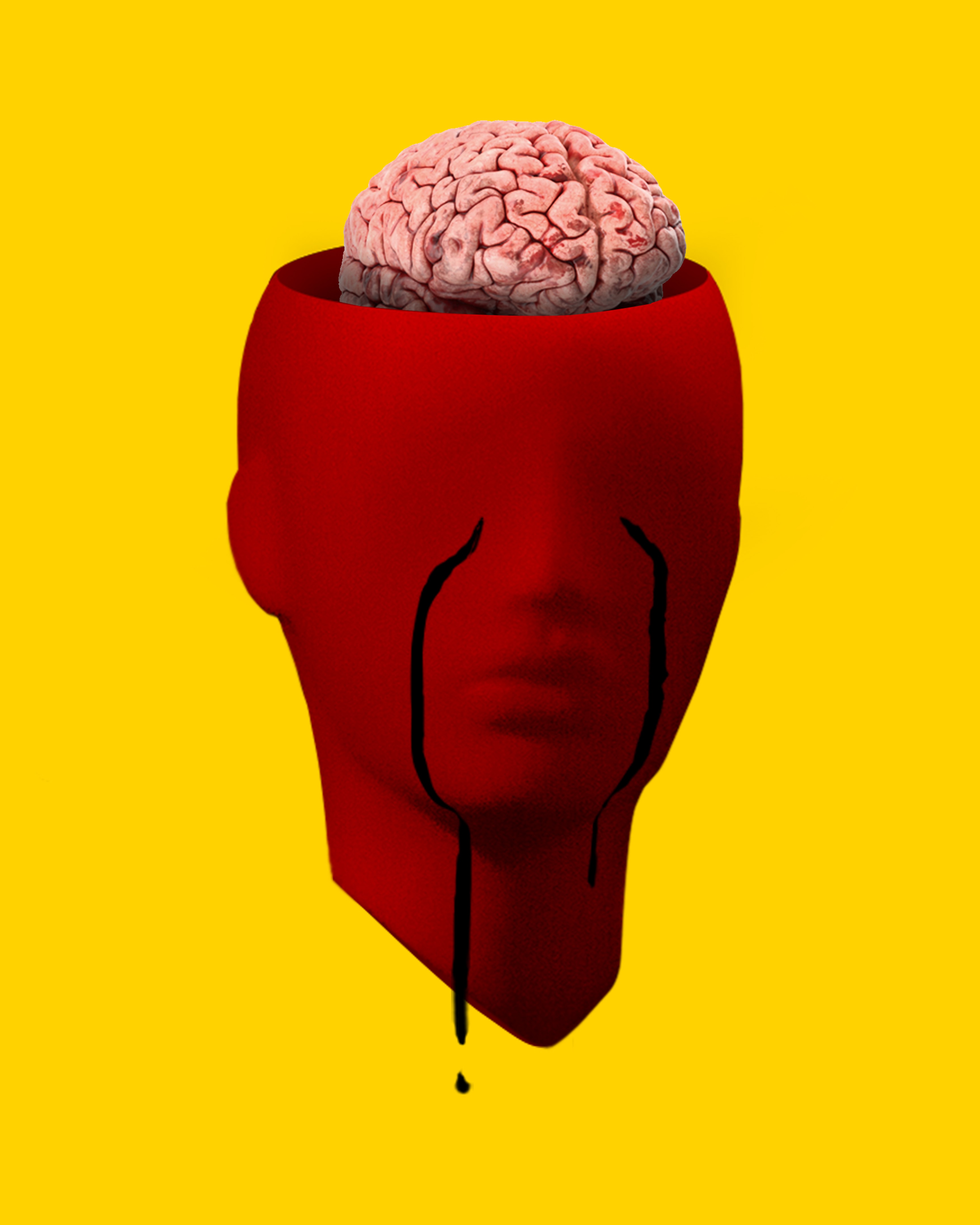
Underthinkers - The New Basic
If deep, detailed processing is pathologized as "over," what does that make the alternative?
Under-Thinkers, The New Basic
It lands almost daily, a phrase wrapped in the flimsy paper of reassurance: "You’re overthinking things, calm down." As an autistic adult living with severe anxiety, I hear it constantly. While I know the intention is usually kind – an attempt to soothe my visible distress or pull me back from a perceived mental spiral – the effect is often the opposite. It doesn't ease the storm; it adds another layer of turbulence. Because immediately, a new, sharp question cuts through: "What are you thinking then?"
To the person saying it, "overthinking" implies an unnecessary, excessive expenditure of mental energy. It suggests a detour from the simple, direct path to a conclusion. From their perspective, the map is clear, the destination obvious. Why am I scrutinizing every contour, checking the soil composition, and worrying about potential landslides they can't even see?
Here’s the disconnect: What they label "overthinking" is, for me, simply thinking. It’s my brain's default operating system. It's the intricate process of:
- Mapping the Terrain: I don't just see the path; I see the potential loose stones, the overhanging branches, the shifting light, the historical data of similar paths. Each detail is a data point, not clutter.
- Simulating Outcomes: My mind runs scenarios. Not out of paranoia (though anxiety can amplify it), but out of a need to prepare. What if X happens? What if Y is misinterpreted? What hidden variables could change everything? This simulation is the process of understanding.
- Seeking Coherence: The world often feels like a chaotic stream of disconnected signals. "Overthinking" is the painstaking effort to weave those signals into a coherent pattern, to find the underlying logic everyone else seems to intuit effortlessly. Missing a step risks catastrophic misunderstanding.
Telling me to stop "overthinking" feels like telling me to stop breathing. It’s not a switch I can flip. It’s how my cognition works. The dismissal, however well-meant, invalidates my fundamental way of processing reality. It tells me my careful analysis is not just wrong, but excessive – a personal failing rather than a neurological difference.
Worse, it adds fuel to the anxiety fire. Now, on top of the original concern, I’m grappling with:
- The frustration of being misunderstood.
- The pressure to perform "simpler" thinking I’m not wired for.
- The isolating feeling that my natural state is a burden.
- That nagging question: "If I'm overthinking, what crucial thing are YOU under-thinking?"
Hence the title: "Under-Thinkers, The New Basic." It’s a provocative flip. If deep, detailed processing is pathologized as "over," what does that make the alternative? Does "basic" thinking – the kind that skims surfaces, relies heavily on assumption, and dismisses complexity – become the unquestioned norm? Is the ability to not delve deep, not consider multiple angles, not anticipate complications, now the baseline expectation?
This isn't about claiming superiority. It's about highlighting cognitive diversity. My "overthinking" is often the necessary depth required for me to navigate safely. Your ability to quickly assess and move on is equally valid for you.
So, what helps instead of "stop overthinking"?
- Acknowledge the Effort: "I see you're working through a lot of details."
- Validate the Feeling: "This seems really complex/fraught for you, I get why it's intense."
- Ask Specifics (Gently): "What part is feeling the most overwhelming right now?" instead of the broad, accusatory "What are you thinking?!"
- Offer Anchors: "Is there one piece of solid information we can focus on for now?"
- Respect the Process: Sometimes, silence and space while the thinking happens is the greatest gift.
My thinking isn't broken. It's deep. Calling it "over" doesn't calm the storm; it ignores the ocean. Perhaps we need less pathologizing of depth and more appreciation for the different ways minds navigate the world. After all, sometimes the "under-thinkers" miss the very things the "over-thinkers" painstakingly map. We’re not running the same software. Let’s stop blaming the operating system.

.gif)
.gif)
.gif)